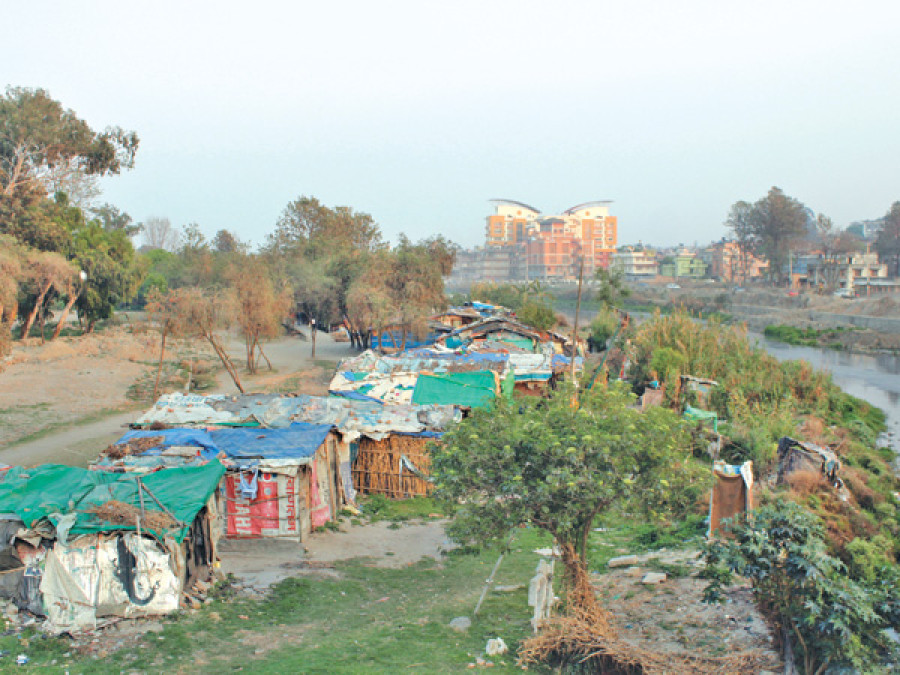Editorial
Heed the landless
Can the political class again bridge their differences for the greater good?
Landlessness has persisted in Nepal for generations, stemming from the historical and discriminatory feudal land administration. This has disproportionately affected women, Dalits and ethnic groups, leaving around 1.3 million without lands, according to reports. Due to constant politicking in the country, they haven’t had legal rights over even the lands where they have settled for long. Legal land ownership is essential as it determines access to basic amenities such as security, food, drinking water, protection from natural disasters, healthcare and humanitarian support.
The incumbent government has recently revived the Land Related Problem Resolution Commission, which is a welcome step in solving Nepal’s long-standing problem with landlessness. Yet it also raises familiar concerns about the political motivations behind the commission’s formation, its continuity, and whether the leaders are committed to ensuring the rights of the landless. The forming and dissolution of land commissions has been the norm since the restoration of democracy in 1990, with Prime Minister Krishna Prasad Bhattarai putting in place the first mechanism to address landlessness.
But even before the Bhattarai-formed commission started working, his government was toppled, and with it a new commission formed. Others have followed suit over the years, with successive governments dismantling the commission formed by the previous governments. As a result, in the past three decades, only seven of 16 commissions have managed to distribute lands to the landless. These efforts are far from sufficient, as tens of thousands of families still await land justice.
This also highlights the extent to which politicians have politicised the issue of landlessness—it is more about fulfilling personal whims than solving a national crisis. The fate of the commission led by Krishna Prasad Gyawali, a CPN-UML leader under KP Sharma Oli, is a case in point. The commission was the first to comply with the Land Reform Act of 1964. After reviewing the Act, the Oli-led government established the commission in 2020 with a mandate to provide land to squatters.
As slum areas had become a growing problem in big cities like Kathmandu, the commission envisioned building multi-storied apartments instead of providing the landless folks with land plots. It even tried to grant land to people who had lived in a certain area for a long time after taking a certain fee, regardless of whether they owned land in other parts of the country. But this never came to fruition as the Sher Bahadur Deuba-led government dissolved the commission.
The new commission has the opportunity to undo the past wrongs, as it has more jurisdiction than its predecessors. Additionally, it gives a greater role to the local and provincial governments and could benefit from grassroots work led by these governments. Local governments can play a vital role in ensuring the actual landless people get their fair share of the country’s resources. However, the success of this commission will—again—depend on political leaders’ shared goals and willpower. We don’t have to go far back to see how their combined efforts helped pass a crucial Transitional Justice law. The issue of landlessness awaits a similar show of collective spirit. The onus is on both the ruling and opposition parties to ensure that this commission delivers the desired results.




 13.12°C Kathmandu
13.12°C Kathmandu














